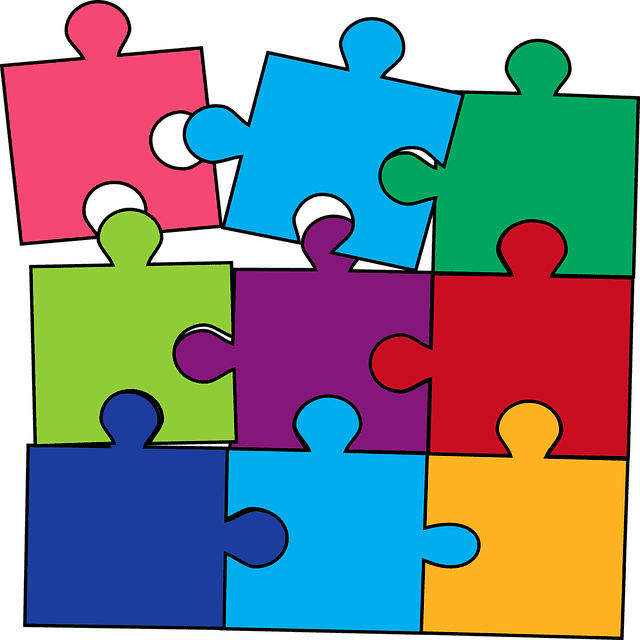Hearing Loss as Risk for Dementia

Nerves and brain areas that are not kept active through stimulation and input fall into disuse. They shrink and die off in a process called atrophy. Hearing and its involvement in cognitive functions is no different.
Yet, when researchers at Johns Hopkins first published their findings of a link between hearing loss and dementia, it came as a shock. The medical journal, The Lancet estimates that midlife hearing loss accounts for 8% of dementia cases. They list hearing loss as a “potentially modifiable” risk for dementia.
Hearing contributes to cognition
Through hearing, the brain gets important information for cognition – the mental action of acquiring knowledge, thinking, judging, and forming memories.
Research has found that breakdowns and impairments in hearing and sound processing lead to declines in cognition and increase the risk for dementia –a progressive loss of memory and weakening of intellectual (cognitive) functions.
Although research is ongoing, scientists currently believe that there are 3 main ways of how hearing loss can contribute to dementia. These can overlap or build on each other. The areas of the brain most at risk are the temporal areas. Among others, they house the auditory cortex or hearing portion of the brain, which interacts with other areas related to cognition, such as memory and thinking.
a) Brain overload and accelerated brain atrophy (shrinking)
The auditory cortex or hearing portion of the brain processes sound signals from the ears. It sorts and decodes them and relays information to related portions of the brain that deal with cognitive functions.
In those with hearing loss, sound processing can slow down considerably. The brain must spend more time and effort making sense of incoming weak and garbled signals. The brain becomes overloaded and strained. The extra energy that is spent is no longer available for other functions. Communication with other cognitive areas is also weakened and delayed. The resulting disuse contributes to brain atrophy and decline in cognition, which are preludes to dementia.
b) Damage due to hearing loss and aging
Hearing loss damages the auditory cortex itself, an important gateway to cognition. The more loss there is, the greater the risk for dementia. Chronic sound deprivation leads to accelerated disuse and atrophy of the auditory cortex. Connections with related cognitive areas also weaken and wane. The risk for disuse is further aggravated by aging and age-related hearing loss. Although some brain shrinkage occurs with age, hearing loss is thought to speed up brain shrinkage. In so many ways, hearing loss becomes an increased risk factor for cognitive decline and ultimately dementia – and aging does not help.
c) The emotional load of hearing loss
Hearing loss is a communication issue that leads to depression and social isolation, which also figure among the risk factors for dementia. People feel excluded from conversations and activities. They distance themselves and quit social activities. New learning suffers. By not tending to their hearing and not challenging brains, the risks for cognitive decline increase.
In the end…We are put on notice!
Although this does not mean that everybody with hearing loss gets dementia, it shows that hearing loss can become a serious risk factor for dementia. However, this is a “potentially modifiable” risk. What do we intend to do about it?
Protect existing hearing. Stay out of noise. If hearing is no longer as good as it once was, take action. Get tested and get help. Use it. Don’t lose it. Don’t procrastinate and waste precious time. Nowadays, there are more ways than ever to help the brain get improved sound information and to support it in its processing activities.
And so, keep the pieces of the cognition puzzle connected by lessening dementia risks due to hearing loss – the earlier, the better.
***
For Industry Hearing Safety Training or for general presentations on Hearing Loss, please see this website or email [email protected]
Currently, doing Zoom presentations.
Interested in Hearing Loop Technology for better hearing in loud places? Check out loopminnesota.org